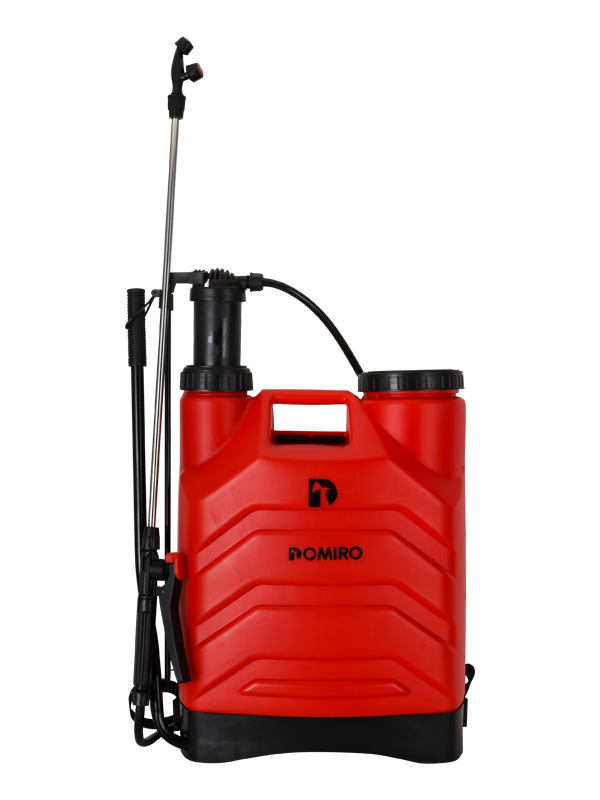In the age of mechanized farming, the manual farm sprayer stands as a testament to the enduring value of simplicity and control. This tool, often overlooked in favor of its motorized counterparts, offers a unique set of advantages that make it indispensable in certain agricultural contexts.
The manual farm sprayer is characterized by its straightforward operation. It requires no electricity or fuel, making it an environmentally friendly option that reduces the carbon footprint of farming operations. Its simplicity also means fewer moving parts, which translates to less maintenance and a longer lifespan.
Despite its manual nature, the manual farm sprayer is highly effective. It allows for precise application of pesticides, herbicides, and fertilizers, ensuring that chemicals are only used where necessary. This targeted approach not only conserves resources but also minimizes the risk of chemical runoff into waterways.
Moreover, the manual farm sprayer is an economical choice for small-scale farmers or those with limited budgets. It requires a one-time investment with no ongoing fuel or electricity costs. This affordability makes it accessible to a wide range of farmers, from hobbyists to commercial growers.
In summary, a manual farm sprayer is a versatile tool that offers a balance of cost-effectiveness, environmental responsibility, and precision application. While it may not be suitable for large-scale operations, it remains a valuable asset for many farmers who value control, sustainability, and affordability.

